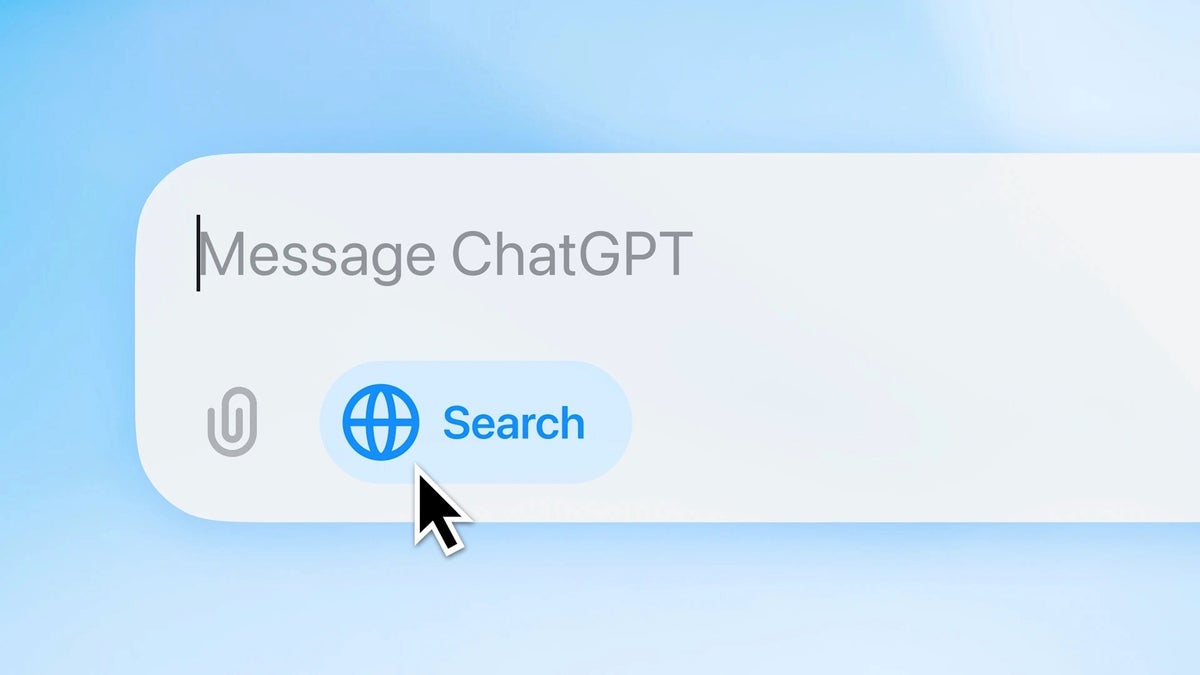Announced during its 12 days of 12 livestreams event, OpenAI confirmed that all ChatGPT users will soon get access to the Search feature. The only requirement? You just need an account.
If your query requires the latest information, ChatGPT will automatically search the web to give you an up-to-date answer. You can also manually trigger a search using a new icon conveniently placed in the prompt bar. To top it off, OpenAI now lets you set ChatGPT Search as your browser’s default search engine.
To power this feature, OpenAI has partnered with top news and data providers, enabling useful widgets for stocks, sports scores, weather updates, and more. Essentially, ChatGPT Search is evolving into a serious Google competitor, working in a way that feels very similar to Google’s Gemini.
A key addition in both chatbots now is transparency – ChatGPT now also includes links to its information sources, so you can verify the accuracy of what it tells you. This not only saves valuable research time but also adds a much-needed layer of trust to its responses.
Alongside the new search tool, OpenAI is also adding maps to its mobile app. This lets you search for restaurants, stores, or other local spots, chat with businesses, and get real-time information on whatever you need.
We’re also adding maps to ChatGPT in our mobile apps, so you can search for and chat about local restaurants and businesses with up-to-date information. pic.twitter.com/bQb4zilq6p
— OpenAI (@OpenAI) December 16, 2024
I think that with all these new features, OpenAI is cementing itself as a top player in the AI world, going head-to-head with Google. The competition between these two giants has been heating up over the past few years, pushing them to release new tools and features that ultimately reach us, the users.
Meanwhile, Google launched Gemini 2.0, taking a step forward into the era of AI agents that can handle tasks like booking flights or making doctor appointments for you.
